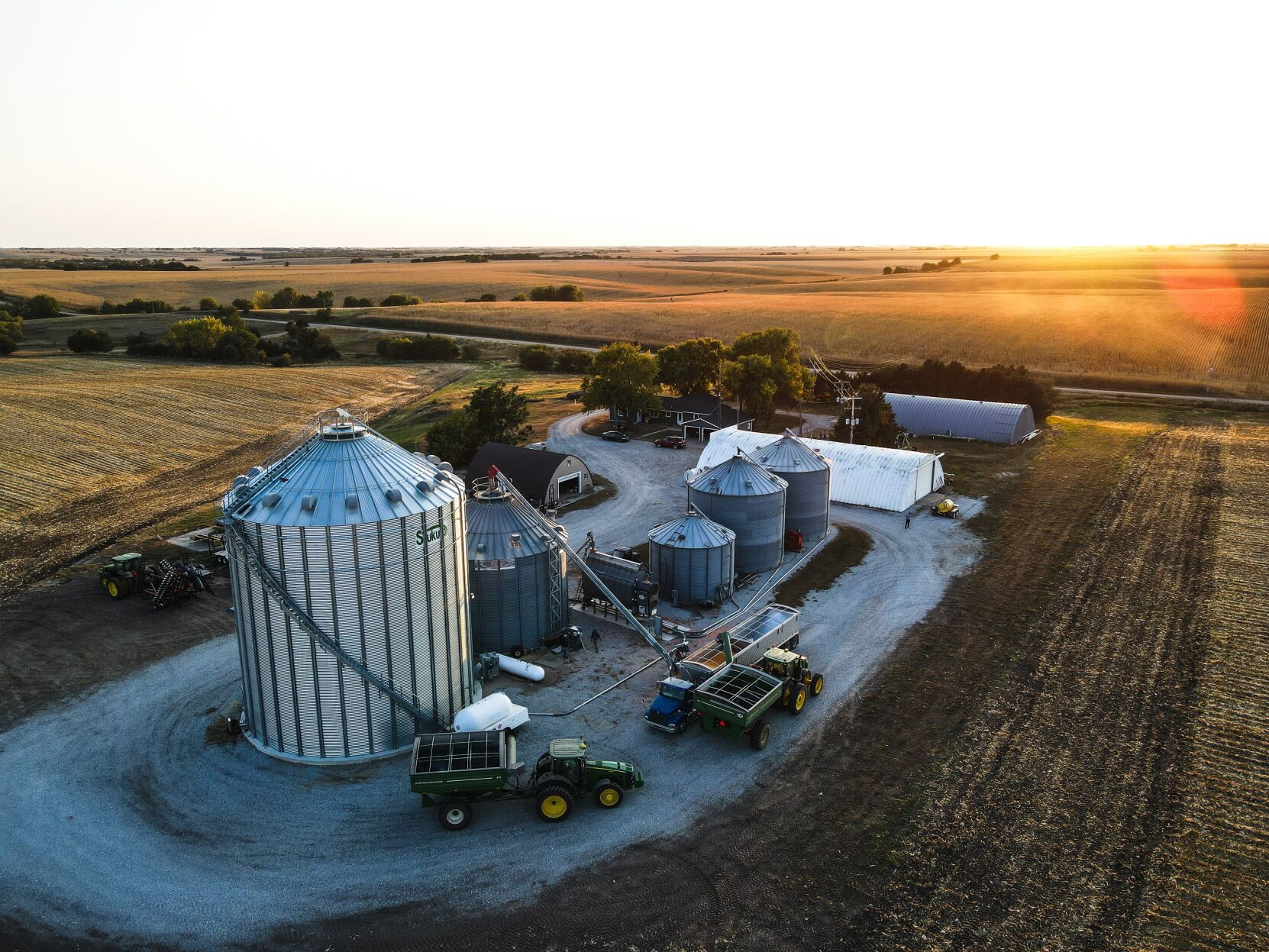Farmers and ranchers don’t punch a timeclock like other jobs. Their day is done when the work is done. Even after working all day the list of work yet to be done can end up longer than it was when they started. But all that hard work means food on the table and shoes on the feet of their family.
Taking care of their loved ones is why estate planning and planning for the future are so important. Estate planning means providing for loved ones even if the farmer or rancher is no longer able to put in the hard work.
Being unable to do the work doesn’t always mean dying. Incapacity is the inability to make competent decisions about self or property. Incapacity can be caused by something like dementia or a traumatic brain injury as easily as it can be caused by forgetting that high-headed cow in the pen or taking the wrong step while servicing the combine. If one of these incidents occurs, family or friends need to have access to information not only on the operation but on the patient as well. Just as someone off the street can’t call in and make a payment on another person’s cell phone plan, family and friends won’t be able to make decisions about the patient’s care and well-being without proper authority.
Proper authority is about having the appropriate legal documents in place such as a durable Power of Attorney for health care, a health care proxy form that designates a trusted person to make medical decisions on the patient’s behalf, HIPAA authorization, a living will, an advance directive or a medical directive. There are several options that will make sure medical care is directed by the patient’s wishes.
Granting wishes may be a genie’s specialty but farmers and ranchers need more than a wish to protect their assets. Beneficiaries of things like life insurance policies, annuities, and pensions should be reviewed on a yearly basis. Divorces and family squabbles may make changing those names a necessity.
In the short term, make sure the bank knows who can have access to checking, savings, and Certificates of Deposit. Having that paperwork done can mean livestock and crops can be cared for as needed in the event of incapacitation.
All of these steps involve communication. Just because you planned it all out while you were hauling hay off the field doesn’t mean you remembered to tell anyone else. Clear communication is needed when dealing with estate planning. What documents are being relied on to transfer property at death? According to experts, if there is no will or other directives, the laws of the owner’s state determine how and to whom the property passes. If the children of the owner are minors, the court system will determine guardianship without the parents’ input. These are all planning areas ranchers, farmers, parents, and guardians need to discuss with a lawyer.
For an estate with taxes due, funding is critically important. It is common that assets must be sold quickly to generate cash if there isn’t sufficient liquidity in the estate. The resulting “fire sale” can generate prices far below market value due to the short time frame. Lack of liquidity is a common reason family businesses fail after the death of the owner. It is important to have adequate assets available to provide cash needed not only for taxes but to pay debts or any expenses after death.
The examples provided in this article are hypothetical and intended for illustrative purposes only, but there is nothing hypothetical about the need for farmers and ranchers to consider legitimately planning for the future. Those conversations may be uncomfortable and awkward but they will protect the equipment, livestock and home so many hours of hard work have built.
Jennifer Theurer can be reached at 620-227-1858 or [email protected].



